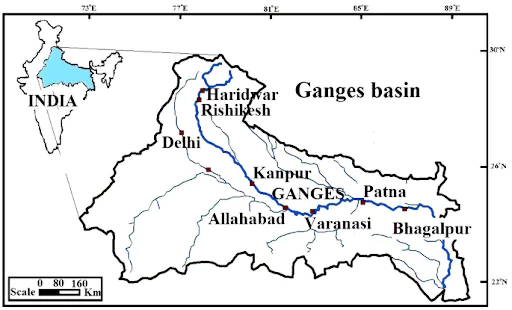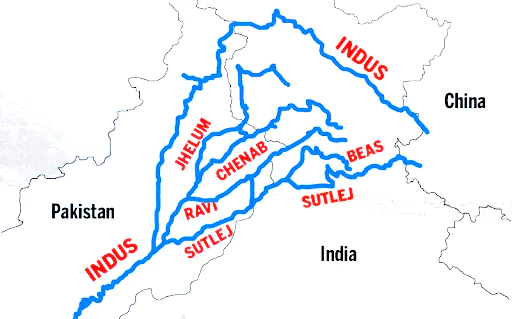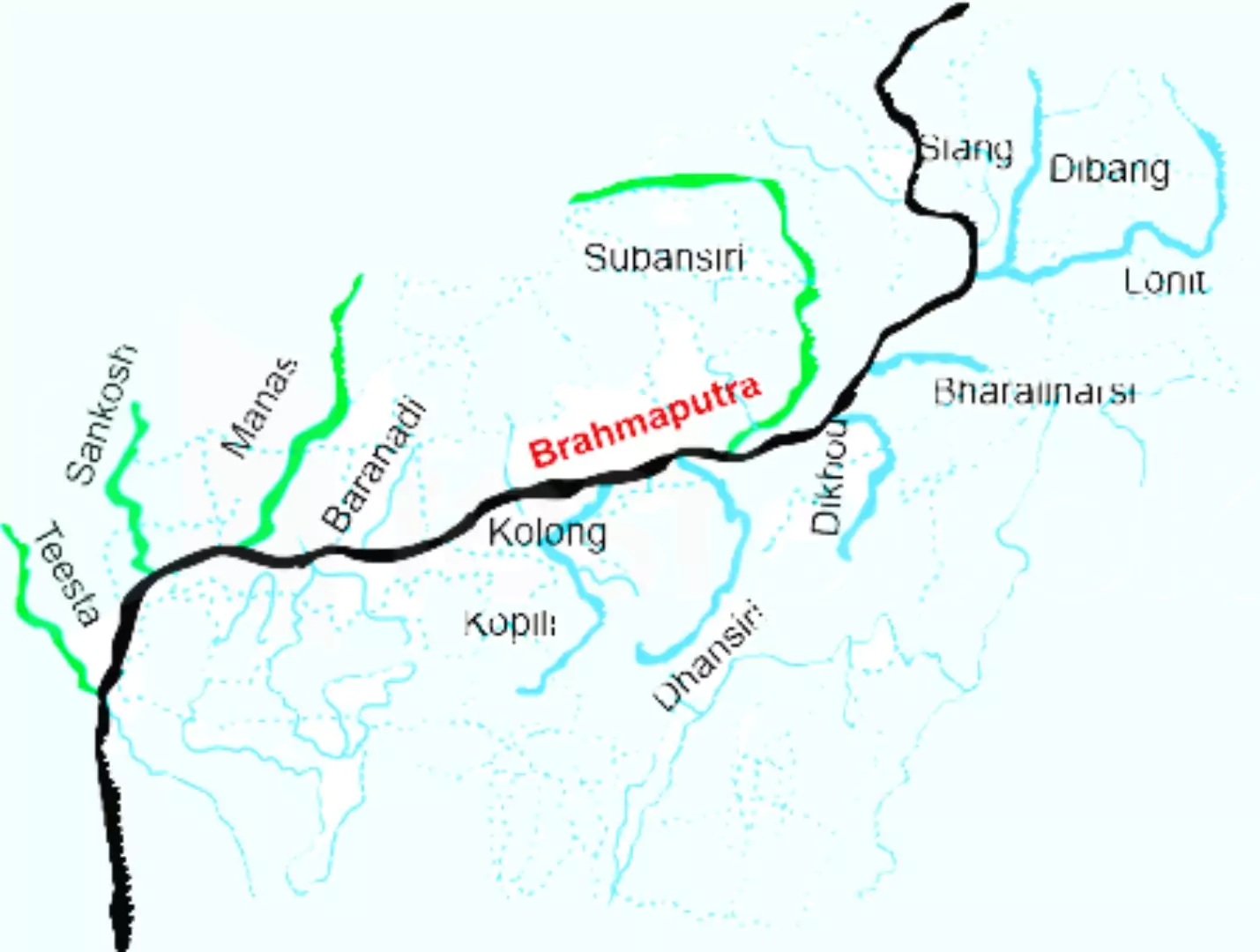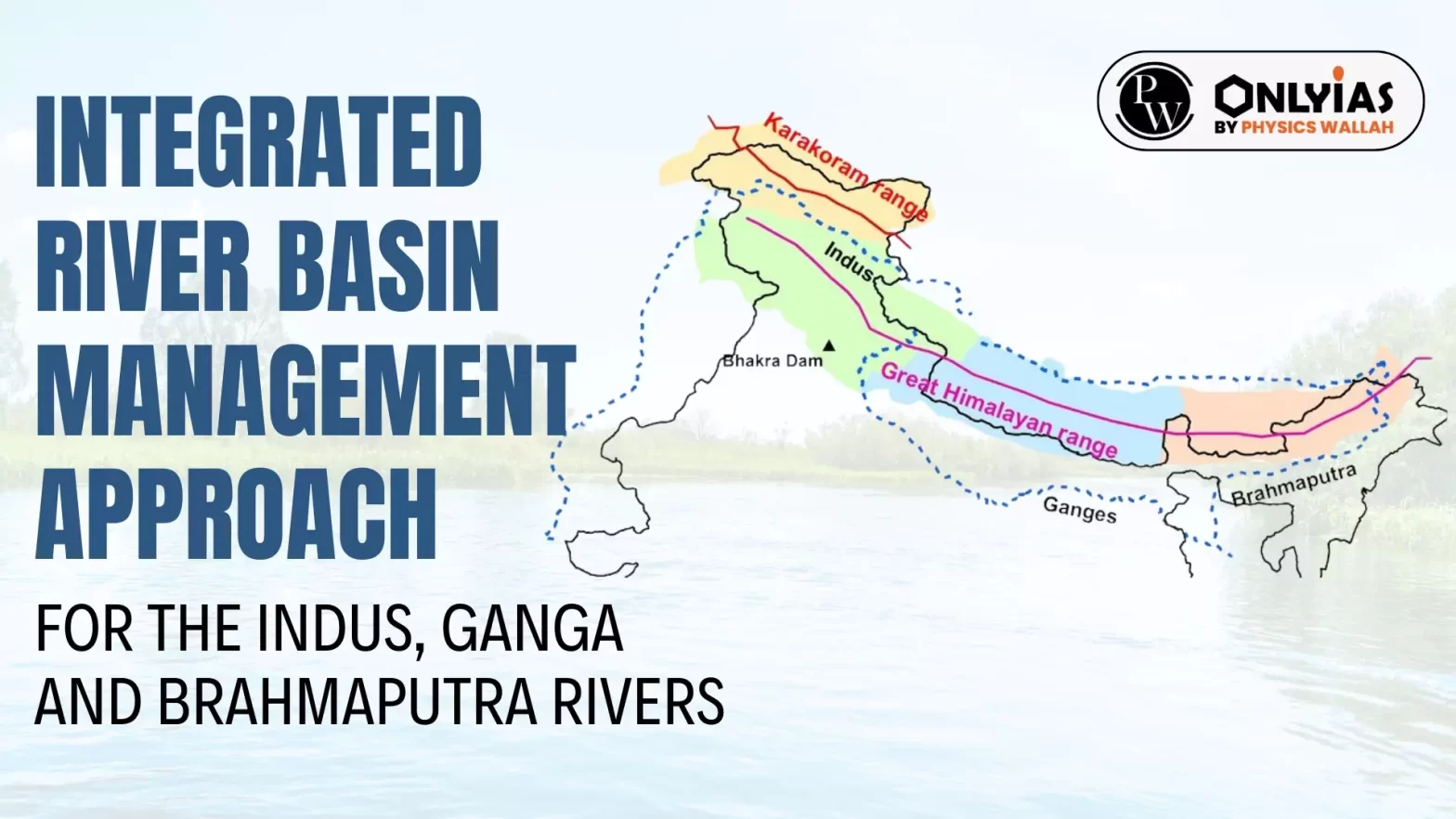Context
The recent report by the Kathmandu-based International Centre for Integrated Mountain Development (ICIMOD) and the Australian Water Partnership (AWP) describes climate change as the “urgent catalyst” for collaboration over three key river basins in Asia: the Indus, the Ganga, and the Brahmaputra.
Crucial Insights of the Report
- High Dependency on Rivers: People in India, China, Pakistan, Afghanistan, Nepal and Bhutan depend on these three IGB rivers for their food and water security.
- Fragmented Governance: Despite the urgent need for collective action, governance within these basins remains fragmented, with limited multilateral agreements facilitating basin-wide collaboration.
- No Addresal to Climate Change: Existing treaties and agreements have often failed to address the broader impacts of climate change or involve marginalised stakeholders.
- No Multilateral Treaty: There are bilateral treaties such as the Indus Water Treaty between India and Pakistan or agreements on water data sharing. However, no multilateral agreements or treaties exist.
- Data and Knowledge Gaps: There were substantial data and knowledge gaps across the Ganga river basin regarding social, economic and environmental realities and even on water usage.
- Multifaceted Concerns: The Elevating River Basin Governance and Cooperation in the Hindu Kush Himalaya Region (HKH) report series zeroes in on key economic, ecological, energy, social, geopolitical and governance issues.
River Basins and Threats
-
The Ganges Basin:
- It flows through Uttarakhand, Uttar Pradesh, Bihar, Jharkhand, West Bengal, etc. Various threats faced by it include:

-
-
- Climate Change: It is exacerbating existing challenges, particularly in the form of escalating flooding and droughts.
- Recurrent Floods and Drought: The monsoon season now brings devastating floods while dry seasons worsen water scarcity, especially in downstream areas such as Bangladesh.
- Anthropogenic Activities: Rapid industrialisation, urbanisation and intensive agricultural practices are severely impacting the river’s ecological health.
- Industrial Waste: It has significant risks to both human health and the environment.
- Impact on Vulnerable Groups: The climate-related hazards affect vulnerable groups, including women, people with disabilities and marginalised communities.
-
The Indus Basin:
- It flows through Jammu & Kashmir, Himachal Pradesh, Punjab, Rajasthan, Haryana and Chandigarh (UT). Various threats faced by it include:

-
-
- Climate Change: Rising temperatures, erratic monsoons, and environmental degradation are undermining food security, livelihoods and water security.
- Environmental degradation: Increasing agricultural and industrial pollution adversely affecting freshwater fisheries and eroding the ecological health of the river.
- Impact on Vulnerable Groups: These challenges with the socio-economic vulnerabilities, further exacerbating the plight of marginalised communities.
-
The Brahmaputra Basin:
- It flows through Arunachal Pradesh, Assam, and others. Various threats faced by it include:

-
-
- Climate Change: Climate change along with dams and development work is escalating floods and droughts, particularly in its lower basin.
- Upstream dam construction and climate change projections: These are likely to reduce dry season flows in downstream areas, affecting millions of lives.
- Rise in Glacial Melt Rates: This is impacting water availability across the region.
- Impact on Vulnerable Groups: The vulnerability of women, poor and indigenous and marginalised communities is increasing with projected climate impacts.
Way Forward
- Harnessing Indigenous Knowledge: For instance, local communities can act to resolve problems quickly and effectively during a crisis. Ex-“Indus Calling”Programme
- Data Development and Enhancement: Developing the data using a ‘whole basin’ research approach would yield additional benefits.
- Negotiations on IRBM Approaches: Rejuvenating existing treaties and new forms of cooperation through the deployment of ‘integrated river basin management’ (IRBM) approaches.
- Regional Cooperation: There is a transboundary nature of climate impacts, which requires regional cooperation. EX-Initiatives such as the “Hindu Kush Himalaya Region (HKH)Call to Action”
- Adopt Long-Term Strategic & Inclusive Approaches: Long-term strategies must prioritise adaptive infrastructure, flexible governance structures, and inclusive policies.
- Trust Building: There is a need for greater ‘hydro-solidarity’ and climate diplomacy among researchers to build trust between countries and move towards greater dialogue.
Conclusion
There is a need for researchers, scientists, civil society, communities, and officials from Pakistan, China, Afghanistan, Nepal, India, Bangladesh and Bhutan to join forces to avert growing humanitarian, ecological, and economic risks.
Also Read: Important Rivers In India
![]() 23 Mar 2024
23 Mar 2024



